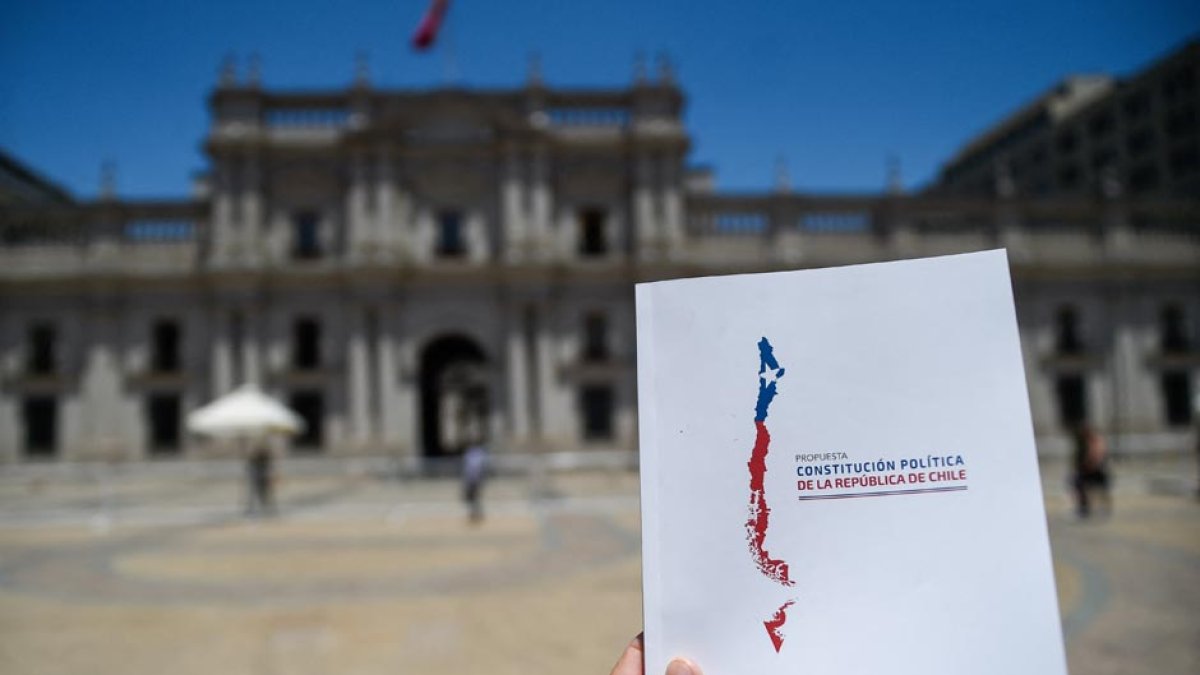Chile rejects for the second time to change the Constitution approved by Augusto Pinochet
The “against” option emerged victorious, reaching 55.7% of the votes with more than 99% of the ballots counted.

(Pablo Vera / AFP)
Chile once again broadly rejected the project to change the constitution approved by General Augusto Pinochet in 1980. This market-friendly text remains firm despite criticism from Chilean progressive movements that began a cycle of protests, riots, and popular elections held since 2019.
The official results were categorical: the "against" option emerged victorious, reaching 55.7% of the votes compared to 44.2% for the "for" option, with more than 99% of the ballots counted.
Although Chilean progressivism, led by President Gabriel Boric, promoted the project to change the Constitution, on this occasion, the new constitutional text was drafted by the Republican Party, founded by the conservative José Antonio Kast. This arose after Boric's progressive government sought, once again, to change the Constitution even though Chilean society had already rejected it.
In this way, Chilean society elected a new Constitutional Council dominated by the center-right forces that tried to promote a change in the Constitution, but more conservative, unlike the progressivism led by Boric.
However, Chilean society chose to maintain its current Magna Carta, which has been in effect since the time of Pinochet.
Today's result is explained by the fact that the conservative sectors in Chile were divided over which option to vote for.
Many leaders of Chilean conservatism chose either not to go to the polls or for the "against" option, so this current rejection does not necessarily mean a triumph of progressivism in Chile but rather a call to try to continue along a path that maintains political and institutional stability in Chile.
Javier Macaya, president of the Independent Democratic Union, in favor of the new Constitution, quickly recognized the results and stated that "the left" in Chile was celebrating a "bitter result."
"The current Constitution is ratified for the second time, it is a decision of democracy (...) We are going to prevent the left from persisting in the spirit of reforming Chile," he said.
"Chile does not want constitutional changes nor reconstruction. (...) We demand from the government, from the left-wing forces, that they be consistent with a commitment they made not to raise the constituent issue again," he stated.
Likewise, the conservative leader, José Antonio Kast, acknowledged the defeat with "a lot of humility" and reflected that the result is explained by "multiple reasons that we must analyze in the coming weeks. We failed in the effort to convince Chileans that this was a better Constitution than the current one and that it was the safest way to end the political, economic, and social uncertainty and close the constitutional process."

























